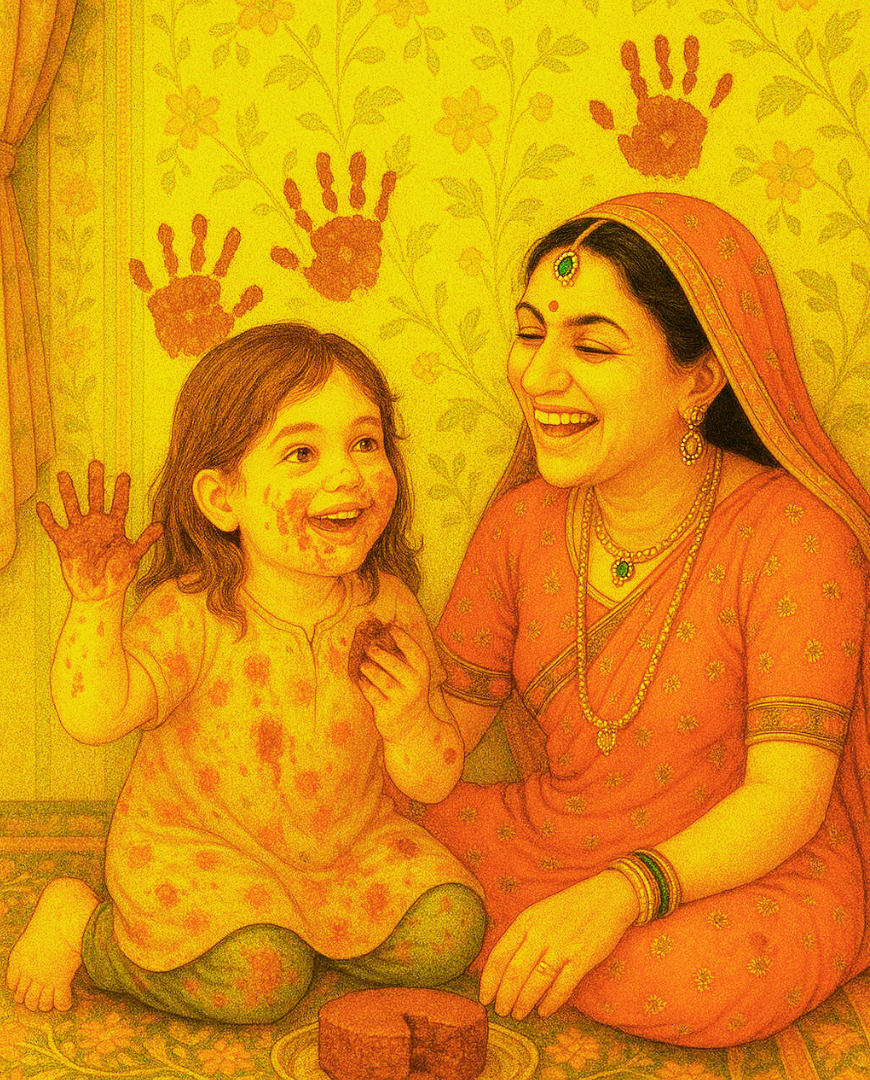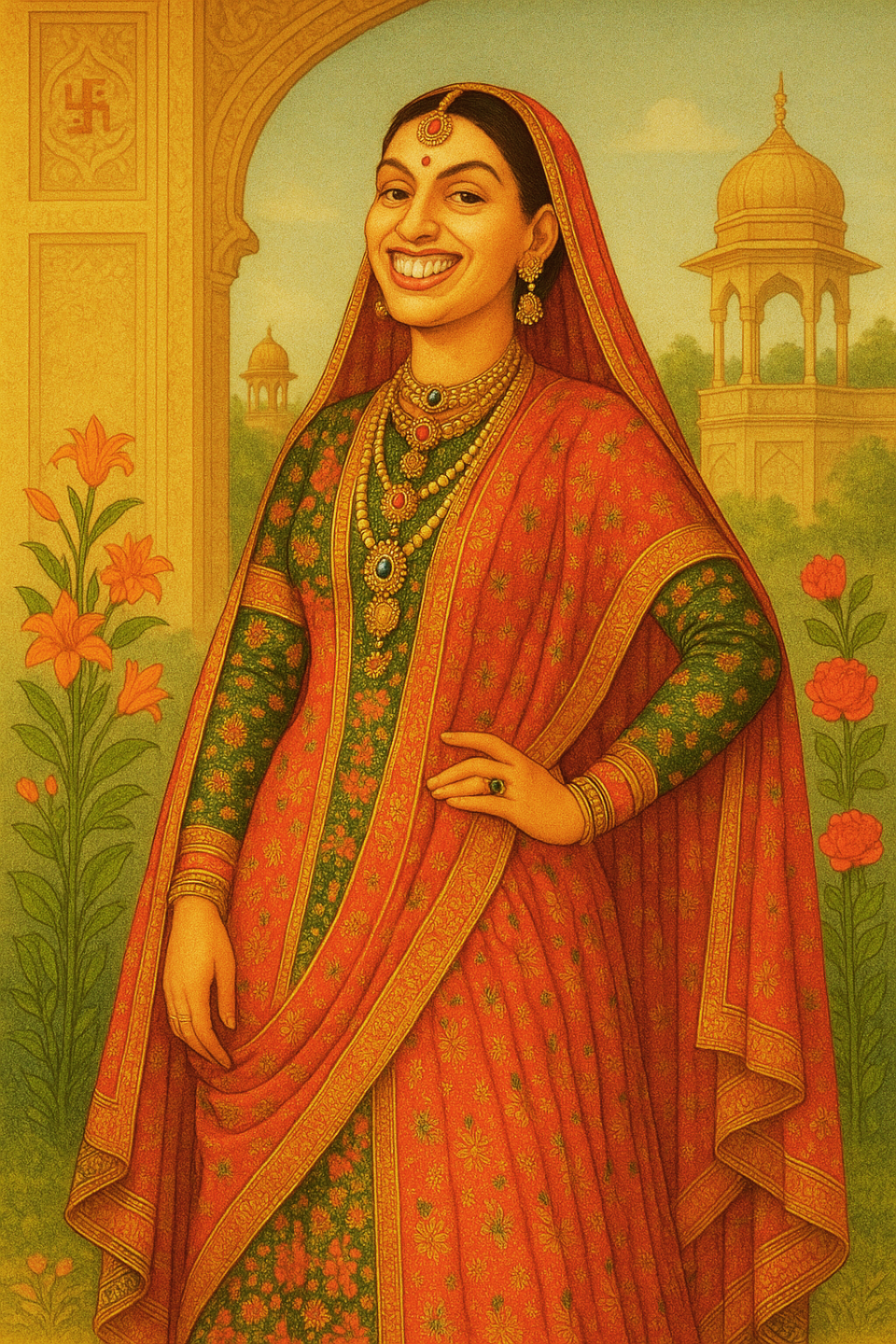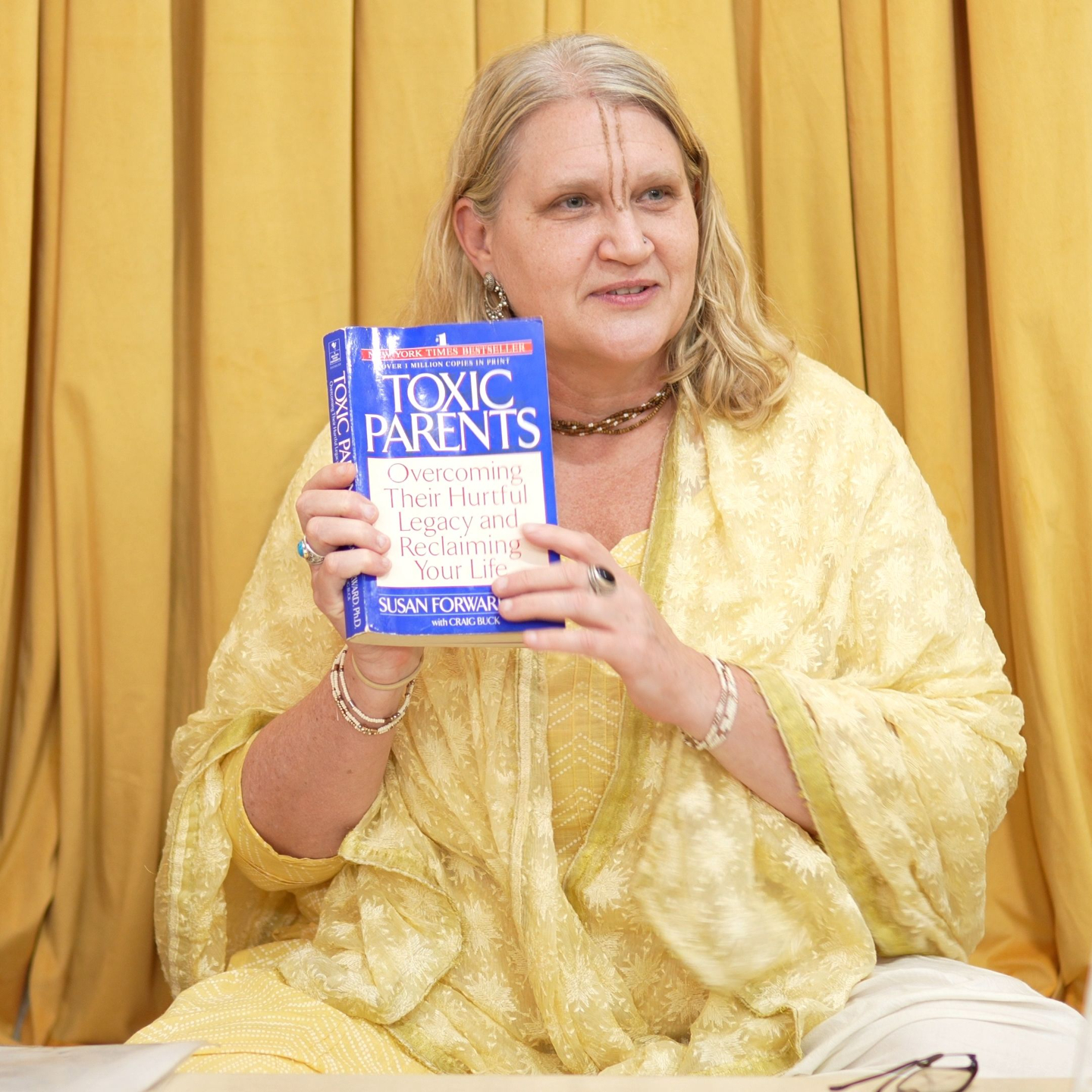
Mitra (मित्र)
Permissive Parenting Style
Permissive parents are warm and affectionate, but offer little structure or discipline. Often trying to be a friend rather than a parent, they avoid setting clear limits and rarely follow through with consequences. Their leniency may feel loving, but it leaves children without the guidance and boundaries they need to feel secure. Rules, if present at all, are inconsistently applied and easily negotiated by the child.
LOVING AND LENIENT
The Permissive Mother archetype is a caregiver who habitually yields to her child’s impulses, dissolves boundaries, and turns every “no” into an easy “yes.” Although warm and present on the surface, yet she does not provide the firm structure children need to internalize self-discipline and realistic limits. This archetype is therefore not enlightened compassion but a rajasic distortion of true acceptance. Her agreeableness arises less from wisdom and more from insecurity, guilt, or conflict-avoidance. In over-permitting, the Anujātrī mothering type leaves the child unanchored—adrift between craving and confusion rather than maturing within a clear, loving framework.
SVARTHI - AVOIDANT
The Result of Permissive Parenting Style
The essence the adult formed through permissive parenting is called Svarthī, meaning one who is self-centered, avoidant of emotional intimacy.
SANSKRIT MEANING
Svarthī (स्वार्थी) – meaning self-serving or self-interested. Derived from sva (स्व), meaning “self,” and artha (अर्थ), meaning “aim,” “gain,” or “interest.” In this context, it refers to one who is primarily concerned with their own gain or benefit.
Svarthī describes an ego shaped in an environment where indulgence was mistaken for love and boundaries were absent or inconsistent. This type of self is subtly conditioned in childhood to believe that their desires define reality, and that the world should bend to meet their needs. When permissive parent gives affection without structure or accountability, the developing ego inflates—centered on personal gratification, yet emotionally unanchored. The result is a persona that appears confident but often lacks true empathy, mistaking attention for connection and control for care—blind to the impact of their self-centeredness and unaware of how deeply their behavior wounds others.


How Were You Parented?
Take the Parenting Style quiz to uncover the dominant style of your parent. Trace the roots from your childhood upbringing to the patterns you carry into adulthood.

DEEPEN YOUR STUDIES
Click on the title to learn more.
- Toxic Parents Book Club
- The Toxic Father e-course
- My Mother, Myself e-course
- Love & Attachment Styles e-course

